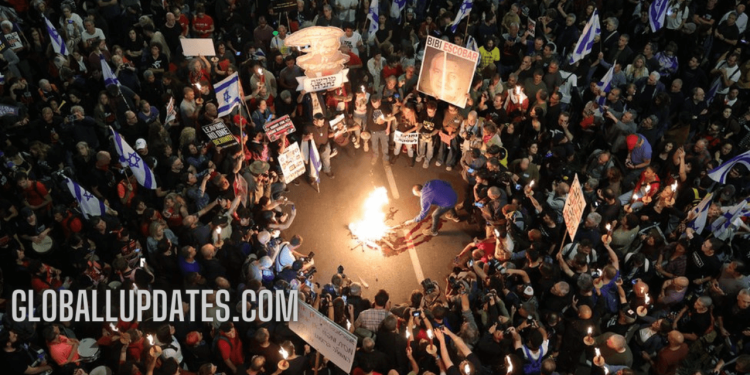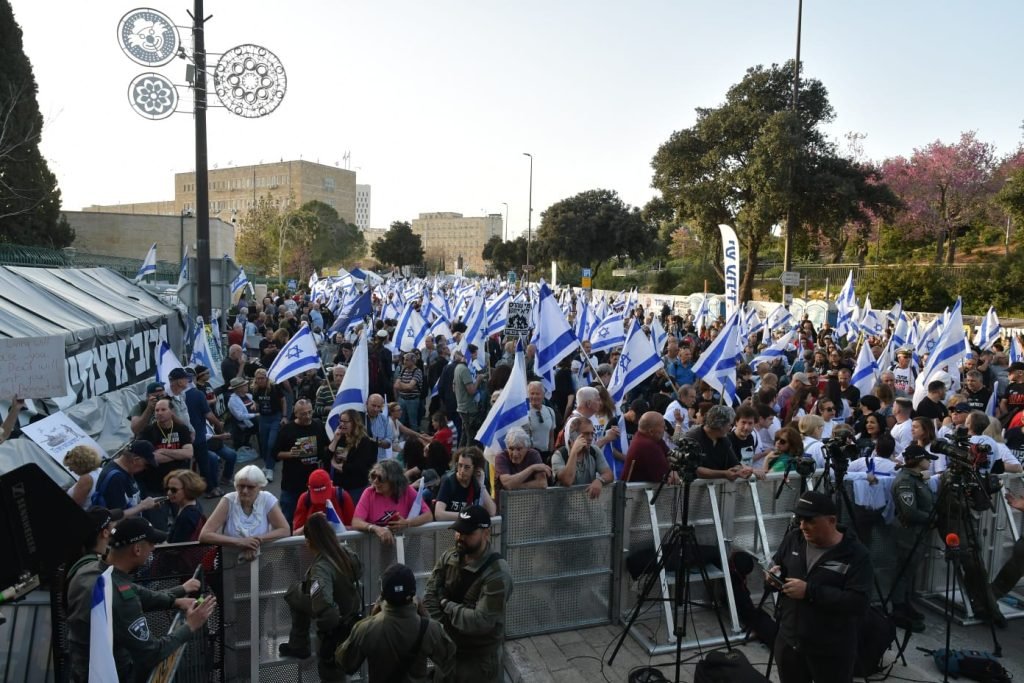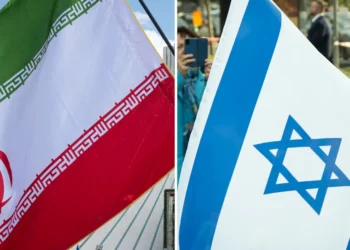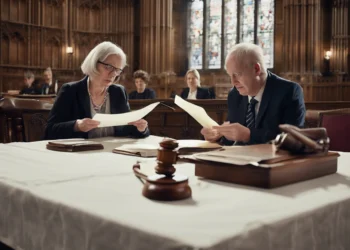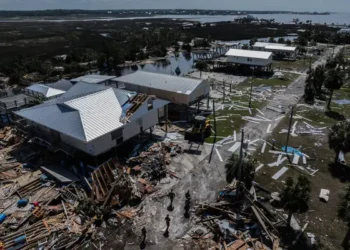Israel at a Crossroads: Nationwide Protests Demand Action and Accountability
- Trending
- Comments
- Latest
Musk’s Twitter purges blue tick marks.
April 23, 2023
The Iranian Missile Attack on Israel: A Nation Divided
October 3, 2024
Proposed Legislation on Assisted Dying in the UK
October 3, 2024
Newsletter
Recent News
The Iranian Missile Attack on Israel: A Nation Divided
October 3, 2024
Proposed Legislation on Assisted Dying in the UK
October 3, 2024
































